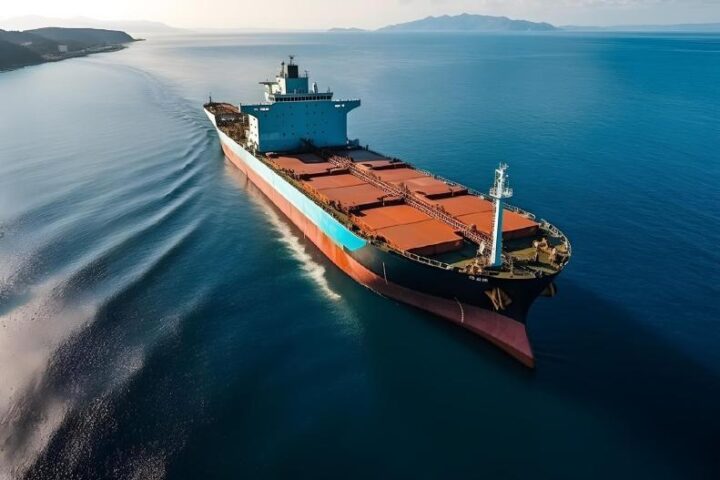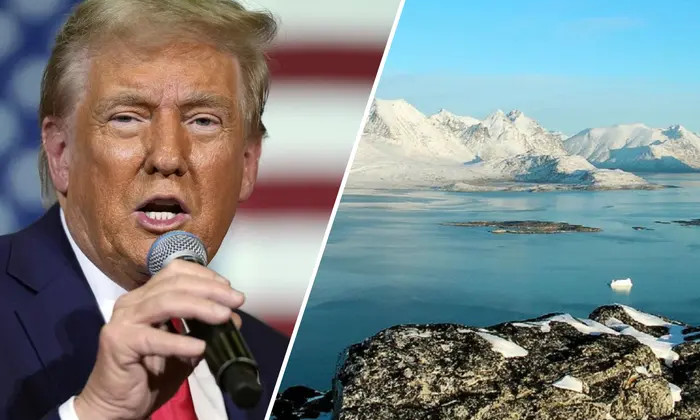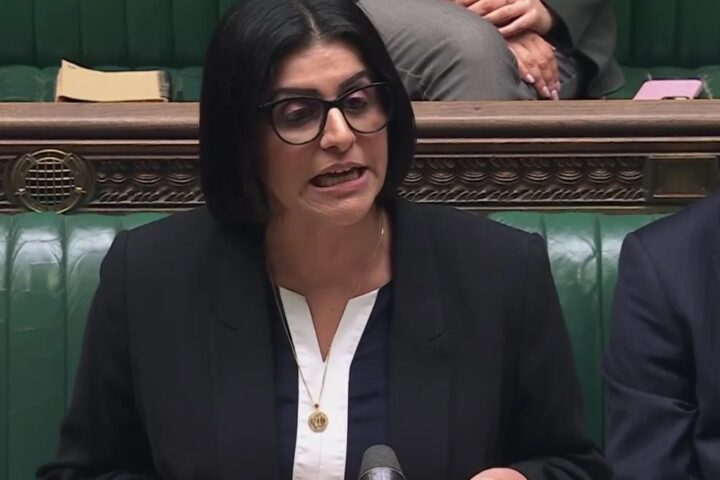Over 50 tankers and dozens of companies hit in new OFAC sanctions
The United States has imposed sweeping sanctions on a sprawling network of tankers, companies and individuals linked to covert oil shipments from Iran and Russia, aimed at undermining billions in revenue that fund both regimes. On July 30, the U.S. Treasury Department’s Office of Foreign Assets Control (OFAC) announced sanctions against more than 50 vessels and over 50 entities tied to what it described as a global “shadow fleet” operated by Mohammad Hossein Shamkhani — the son of senior Iranian regime advisor Ali Shamkhani.
The newly designated network, which OFAC says is central to illicit oil trade, exploits opaque corporate structures, front companies, and maritime deception tactics to ship Iranian and Russian crude worldwide — primarily to buyers in China. The revenues, estimated in the tens of billions of dollars, support what Washington calls a dangerous consolidation of wealth and power among Tehran’s ruling elite.
The sanctions reflect the growing focus of the Biden administration on disrupting covert logistical channels that bypass international embargoes and enable both Tehran and Moscow to fund foreign aggression and internal repression.
Shamkhani-led network masks oil shipments and owners through maritime shell firms
According to U.S. officials, Mohammad Hossein Shamkhani leveraged his father’s high-level political connections to build and operate a vast fleet of oil tankers and container ships. The network frequently shifts ship managers and operators to obscure ultimate ownership, making it extremely difficult to trace accountability back to the Shamkhani family. Many of the tankers operate under jurisdictions such as Panama, Liberia, and the Marshall Islands.
One major entity in the network — UAE-based Armada Global Shipping DMCC — managed dozens of tankers until early 2025. Other key firms involved in ship management and logistics include Marvise SMC DMCC, Koban Shipping LLC, Crios Shipping LLC, and Fractal Marine DMCC, all playing significant roles in enabling the fleet’s operations under commercial disguises.
OFAC worked in coordination with the Treasury’s Financial Crimes Enforcement Network (FinCEN) to expose the financial ecosystem behind these operations, which often relied on false financial service fronts to launder profits from oil sales.
Family wealth, passports, and military deals fuel illicit influence
The U.S. Treasury emphasized that the Shamkhani family uses its illicit profits to access luxury assets and foreign passports in return for substantial investments. These passports allow them to travel discreetly and conceal links to Iran when conducting international business. Treasury Secretary Scott Bessent described the move as part of the most expansive sanctions package since the Trump-era “maximum pressure” campaign on Iran.
The same network was previously exposed in 2024 for its role in arms transfers between Iran and Russia, including shipments of cruise missiles, drone components, and dual-use technologies in exchange for Russian oil.
U.S. officials warn that this is not just a matter of sanctions evasion. The shadow fleet — comprising hundreds of aging tankers from Iran, Venezuela, and Russia — represents a global security threat. Many vessels lack proper maintenance and insurance, raising concerns over possible environmental disasters such as oil spills, collisions, or fires.
Strategic implications of shadow fleet for Ukraine and global markets
The U.S. Treasury’s crackdown comes amid heightened concerns that the shadow fleet enables Russia to sustain its war in Ukraine despite Western sanctions. Most of Moscow’s oil export revenue now flows through these deceptive maritime routes. Analysts have long warned that this illicit traffic undermines global enforcement efforts while emboldening Russia’s aggression.
Beyond Ukraine, the uncontrolled movement of uninsured, aging tankers poses risks to marine ecosystems and international shipping lanes. The sanctions underscore growing calls for coordinated international measures to improve transparency over ship ownership, tighten port access rules, and curb financial loopholes exploited by rogue states.















